Obesity has become part of a serious blame culture. “Just eat less and exercise more”, seems to be the simplistic argument these days. Social media is full of ‘fat shaming’ and the public opinion has shifted much more towards it being people’s own fault if they are fat – “they should just make better choices and take more responsibility for themselves”. It makes sense right? People just need to be a whole lot less greedy and a whole lot more restrained…..Well – just for a minute, let’s suspend our judgements, put away our pointing fingers or indeed, our shame and let’s examine the evidence….and then maybe we can have a much better and kinder conversation about the obesity epidemic we’re in and what might need to change.
A few weeks ago, I listened to the excellent Prof Sandro Galea, Knox Professor of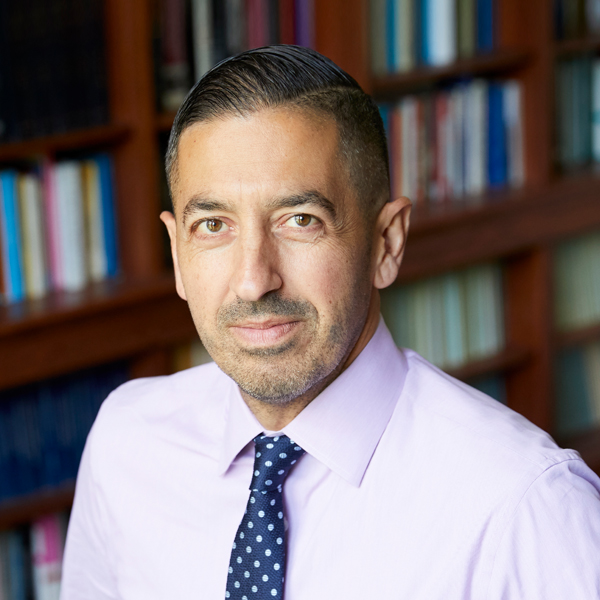 Epidemiology at Boston State University, give an excellent lecture on: “What Do Obesity, Opioids and Guns all Have in Common?” the answer: They are all really complex and hugely important! I am shamelessly going to use his slides from that lecture to explore the issue of obesity in this blog, which Sandro has kindly shared with me.
Epidemiology at Boston State University, give an excellent lecture on: “What Do Obesity, Opioids and Guns all Have in Common?” the answer: They are all really complex and hugely important! I am shamelessly going to use his slides from that lecture to explore the issue of obesity in this blog, which Sandro has kindly shared with me.
If we take any given population, let’s start by asking this question: What percentage of obesity is determined by genetics, compared to the environment? Go, on, give it a go – write a figure down, or make a mental note of what you currently presume!
In any give population, there will be a percentage of people who have a higher genetic risk of becoming obese. In the diagrams which follow, these, dark grey represents those with a high genetic risk.
There will be some people who will be obese, with or without a genetic risk. In the following diagrams, these people are represented in red/pink.
The environment is represented in green. everything that is not ‘genetic’ is considered to be environmental. This includes, air pollution, adverse childhood experiences, advertising, sugar in products, transportation, access to shops, types of shop available, family income, affordability of food, use of food banks, etc etc. The more green there is, the less healthy the environment represented.
So…….if we take a population with the same genetic risk factors and number of obese people, let’s see what happens to those people with a higher risk of becoming obese, when the environment is less than ideal, e.g. high stress, poor air quality, high index of deprivation, low educational opportunities, high unemployment, poor access to shops, poor transport links, high numbers of junk food outlets…….etc – here is the population in a poor environment and those with a genetic risk factor are marked with grey dots:
Look at what happens to the obesity rate in that population!! All of those with a genetic risk factor become obese! The odds are stacked against them, because their choices are significantly reduced!
But take the scenario, with the same population in an environment which is much more positive, where there is less sugar in foods, where there are more healthy opportunities for good eating and exercise, where there is no need for food banks because employment is high, jobs are well paid and the welfare state is functioning appropriately.
In this scenario – the odds are in favour of those genetically more likely to become obese – BIGTIME! Obesity rates are far less and overall the population is much more physically healthy. People who are genetically at risk of becoming obese have far less chance of actually becoming obese!
What was your answer to the percentage question at the start? It was a trick question! the worse your environment is, the more your genetics come into play! So, now there’s a complex argument about who is responsible for the environments in which we live and who creates an atmosphere of choice!
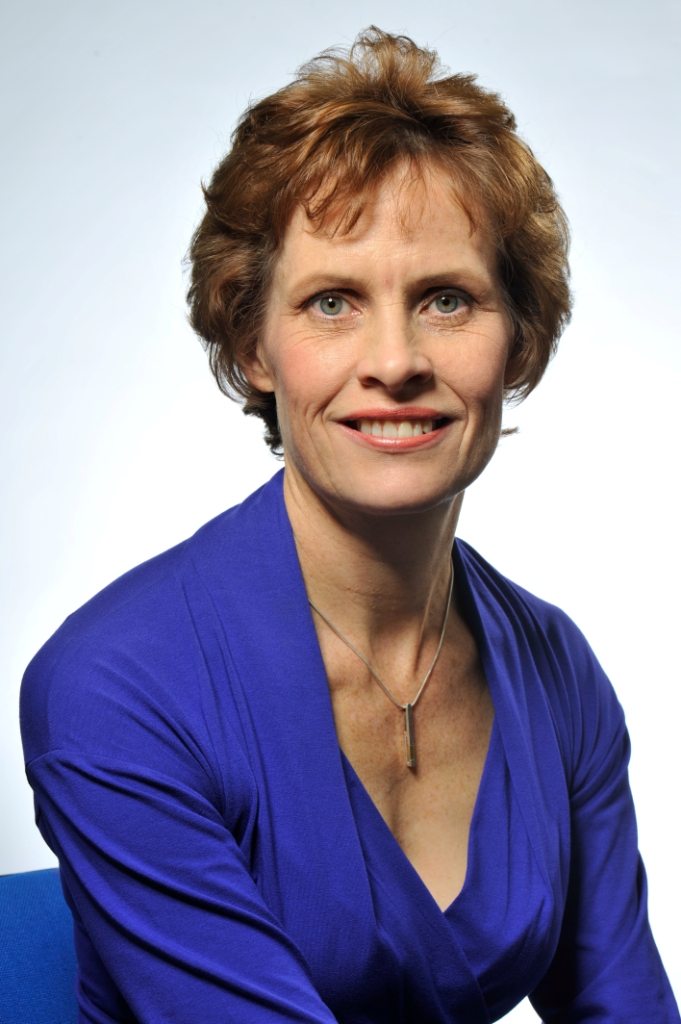 If we take the food industry to start with, just look at what has happened to the calorie intake of foods sold in fast food outlets over the last 20 years. If you want French Fries now, you’re eating triple the calories that you were 20 years ago, due to larger portion sizes – always upsold in McDonalds (and other like minded companies)!! TRIPLE the calories! Who’s fault is that?! A turkey sandwich, which some might consider a ‘healthy option’ is now packed with more than DOUBLE the calories that were in that same sandwich just 20 years ago! Do the maths! The way this has been allowed to happen is appalling. The government, so keen on not being a ‘nanny state’ have allowed a deregulated ‘nanny food industry’ to lovingly shove calories down our throats without most of us even realising! Prof Susan Jebb, one of the leading experts in this field, globally is really clear – if we taxed cakes and biscuits and made healthy food more affordable, we would be in half the mess we’re in.
If we take the food industry to start with, just look at what has happened to the calorie intake of foods sold in fast food outlets over the last 20 years. If you want French Fries now, you’re eating triple the calories that you were 20 years ago, due to larger portion sizes – always upsold in McDonalds (and other like minded companies)!! TRIPLE the calories! Who’s fault is that?! A turkey sandwich, which some might consider a ‘healthy option’ is now packed with more than DOUBLE the calories that were in that same sandwich just 20 years ago! Do the maths! The way this has been allowed to happen is appalling. The government, so keen on not being a ‘nanny state’ have allowed a deregulated ‘nanny food industry’ to lovingly shove calories down our throats without most of us even realising! Prof Susan Jebb, one of the leading experts in this field, globally is really clear – if we taxed cakes and biscuits and made healthy food more affordable, we would be in half the mess we’re in.
The same is true of exercise, and so opportunities to exercise, created by culture and environment are really important:
If you look at how much the advertising industry is spending on obesogenic foods, or you examine where junk food cafes are placed (disproportionately higher in our most deprived communities); if you consider the profound effect of adverse childhood experiences on our eating habits or look at the affordability of health food for low income families, as shown by the food foundation, then you begin to see that this over simplistic argument that people ‘should just take more responsibility for their own health’ is total nonsense. We need to take an altogether more kind and considered view to what is an incredibly complex situation.
Sandro Galea talks powerfully about this principle: Small changes in ubiquitous causes may result in more substantial change in the health of populations than larger changes in rarer causes.
You can feed your goldfish the best food, ensure they swim their mile a day, help them practice mindfulness every morning and decrease the amount of time they spend on screens……but if you don’t care for the quality of the water – they will die!
Health inequality between the rich and poor in the UK is worsening. Health inequality between the north and south is worsening. Life expectancy overall and healthy life expectancy are both beginning to fall. Our mental health crisis is deepening. Now is not the time for loads more programmes that benefit the already healthy and make the inequalities even worse. Now is the time to ask some fundamentally deeper and more difficult questions about what we have built our society on, what the point of the government is and how, together, we might work for a future that is better for everyone. Unless we do so, the NHS continues to stare into an abyss, as indeed do all our public services.
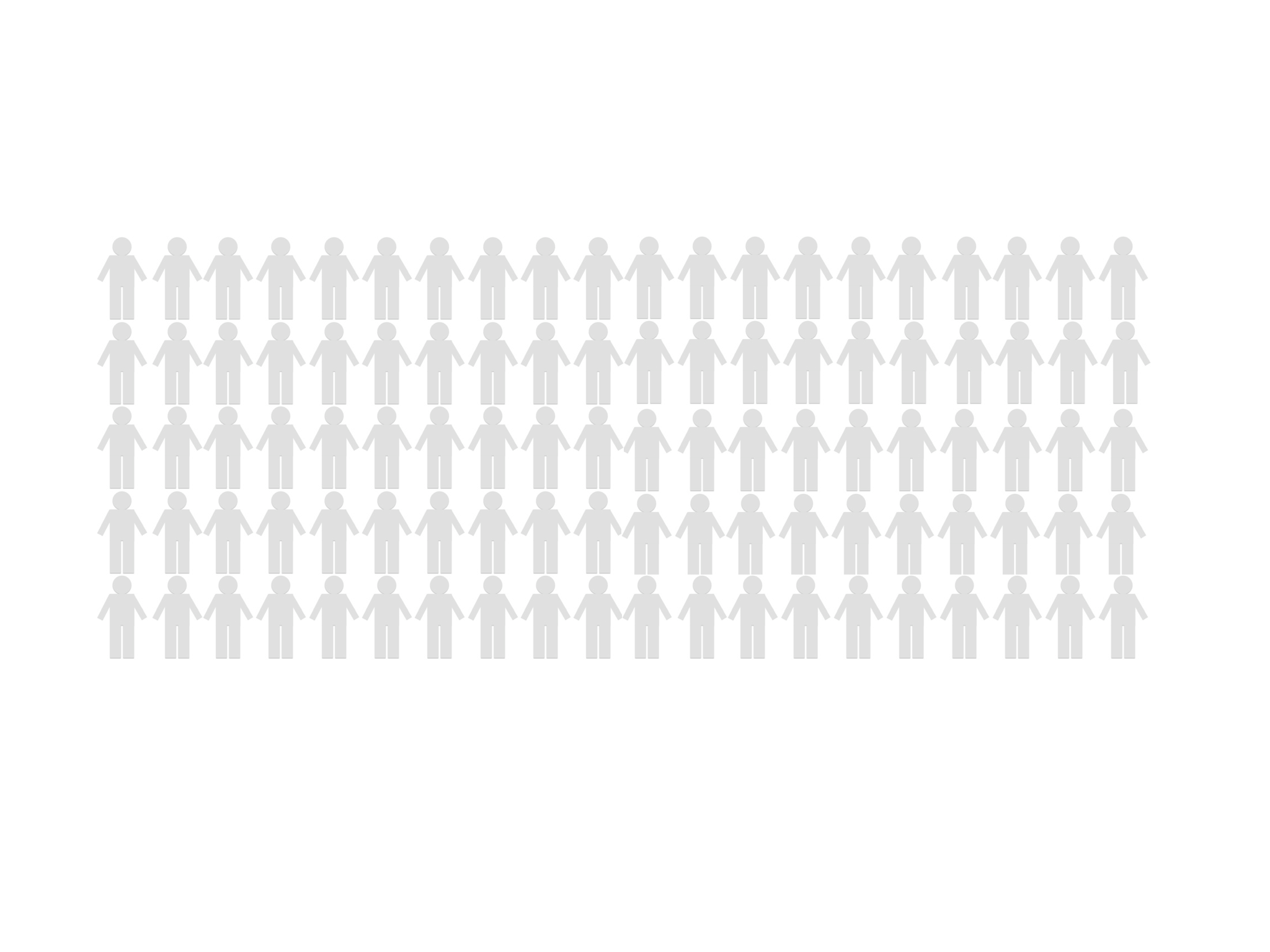
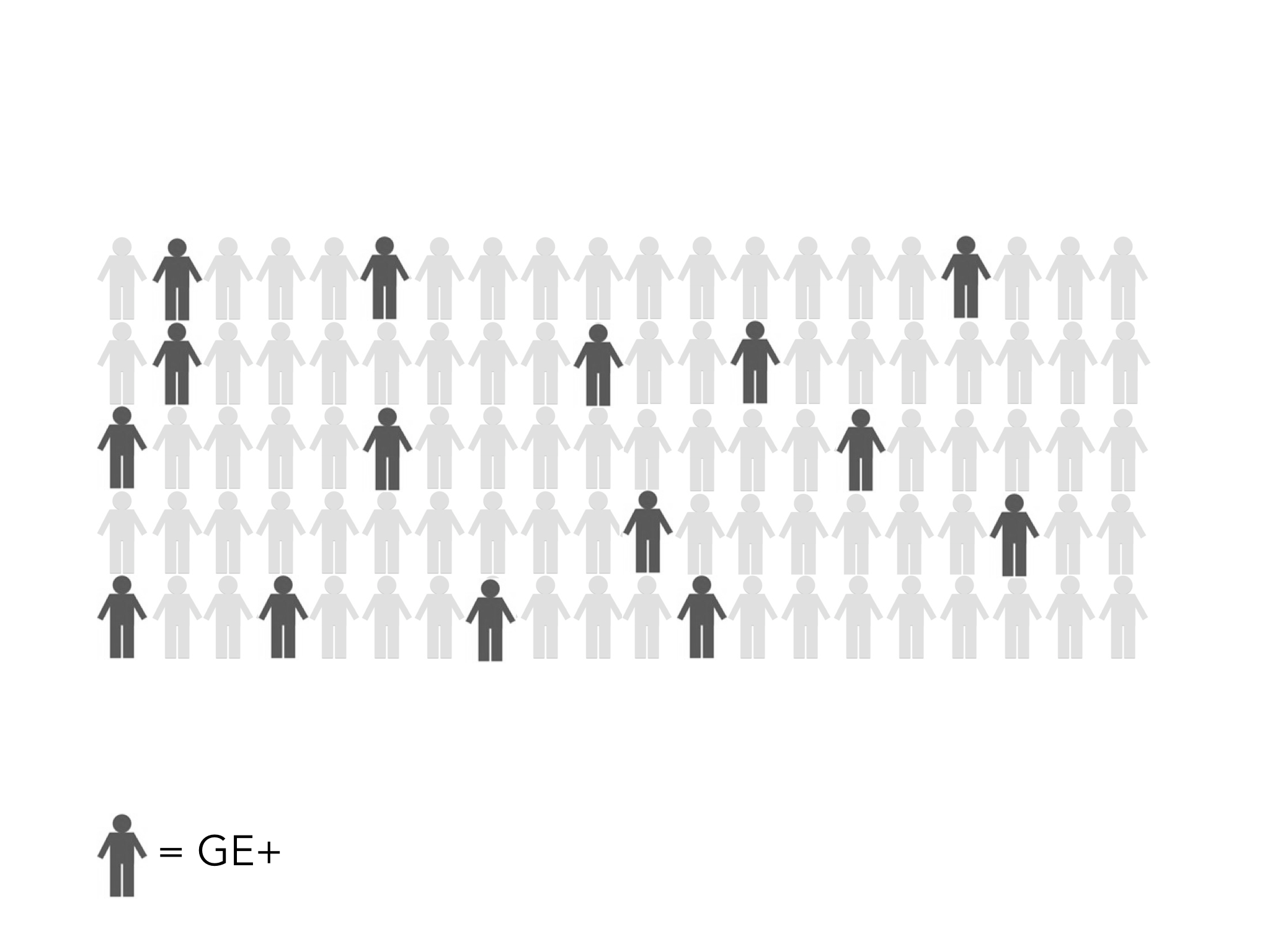
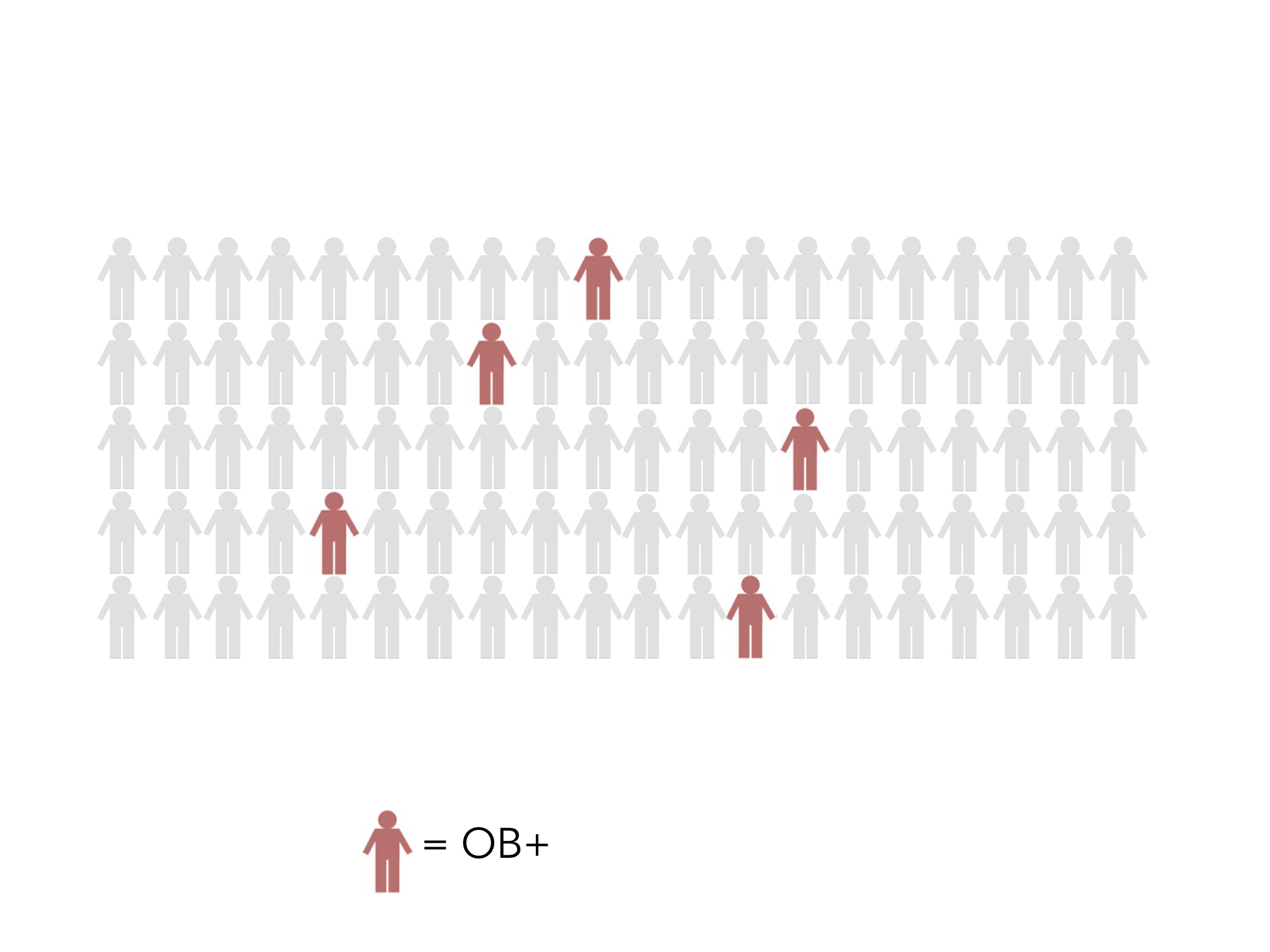
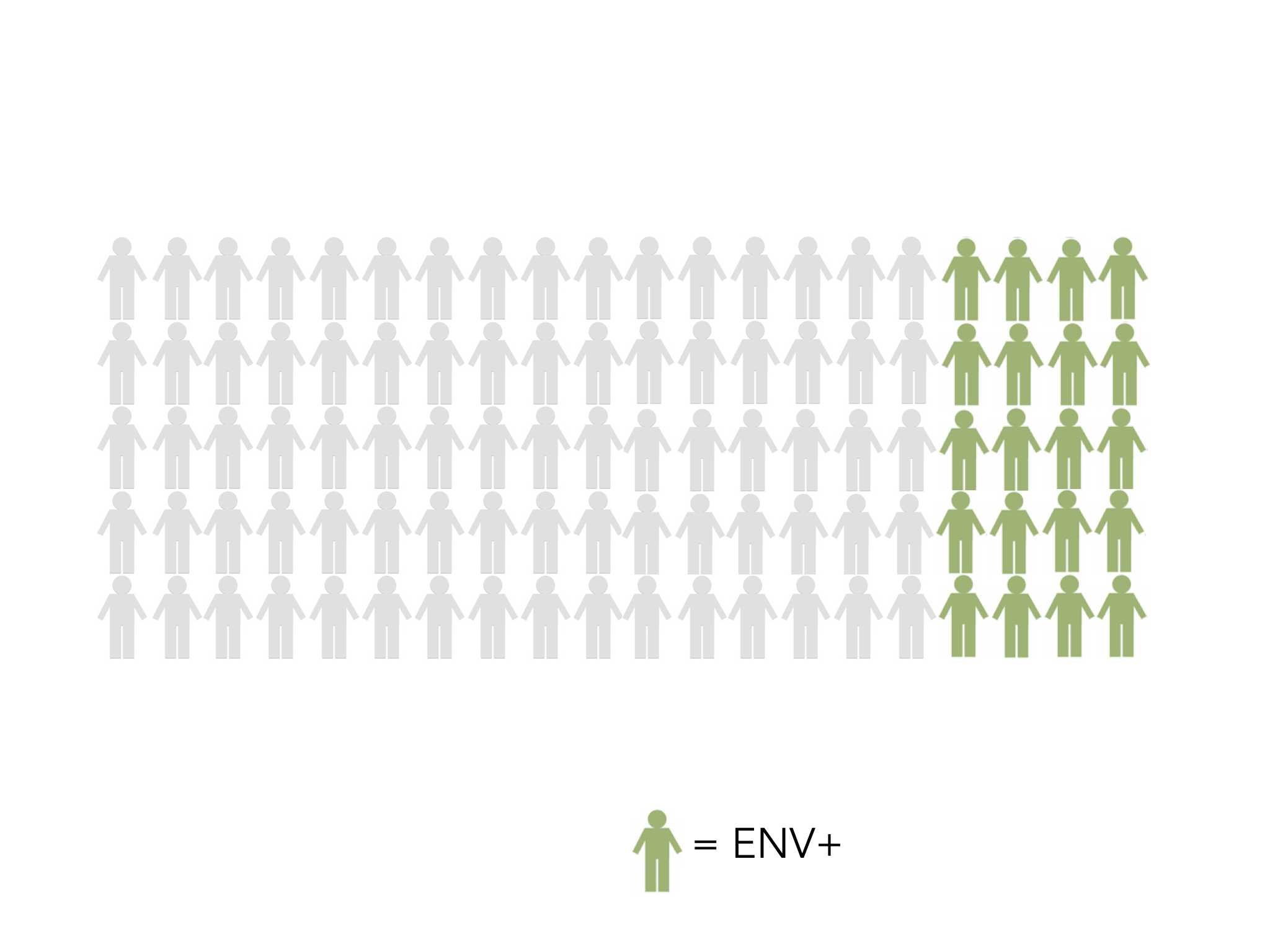
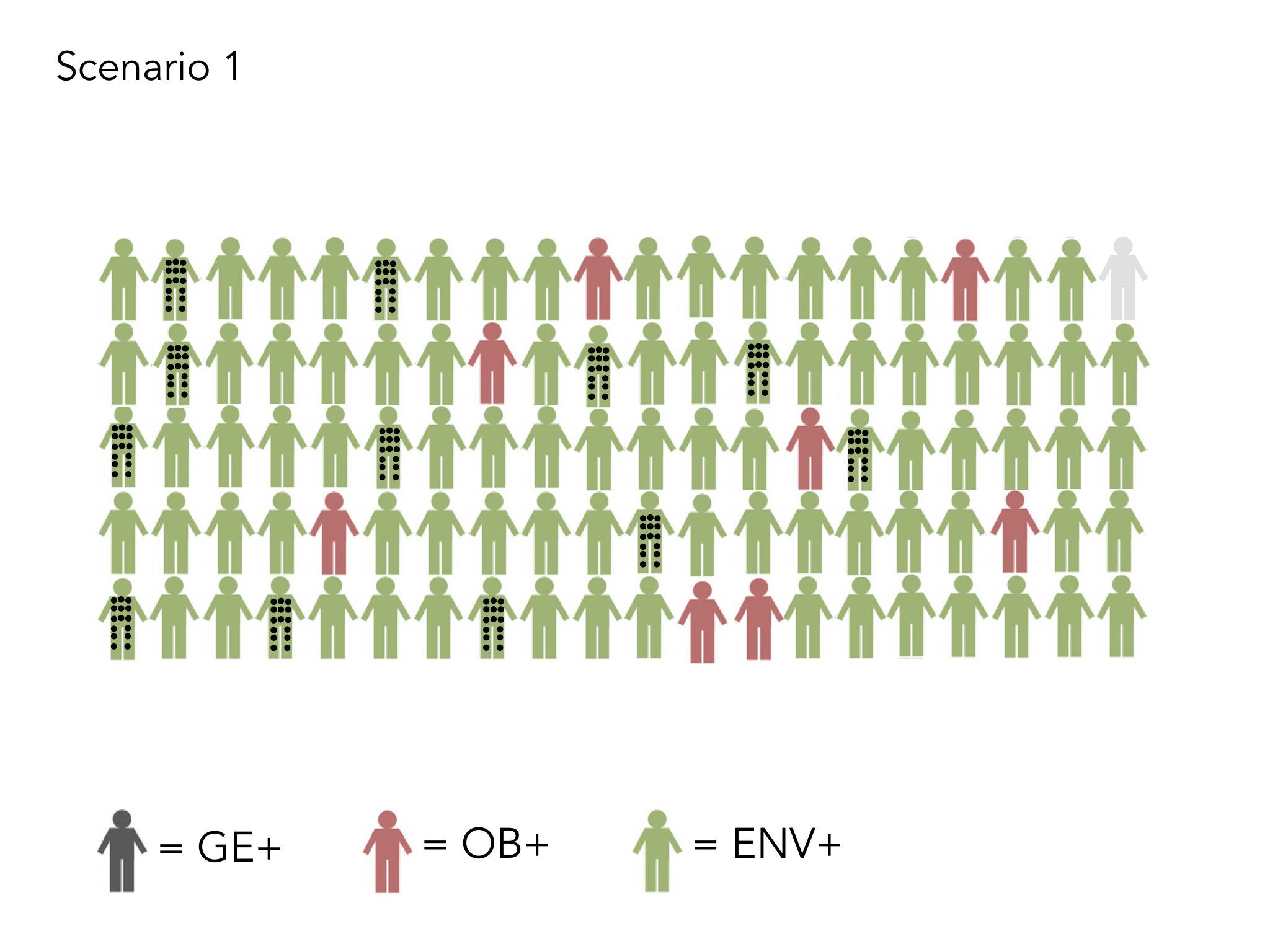
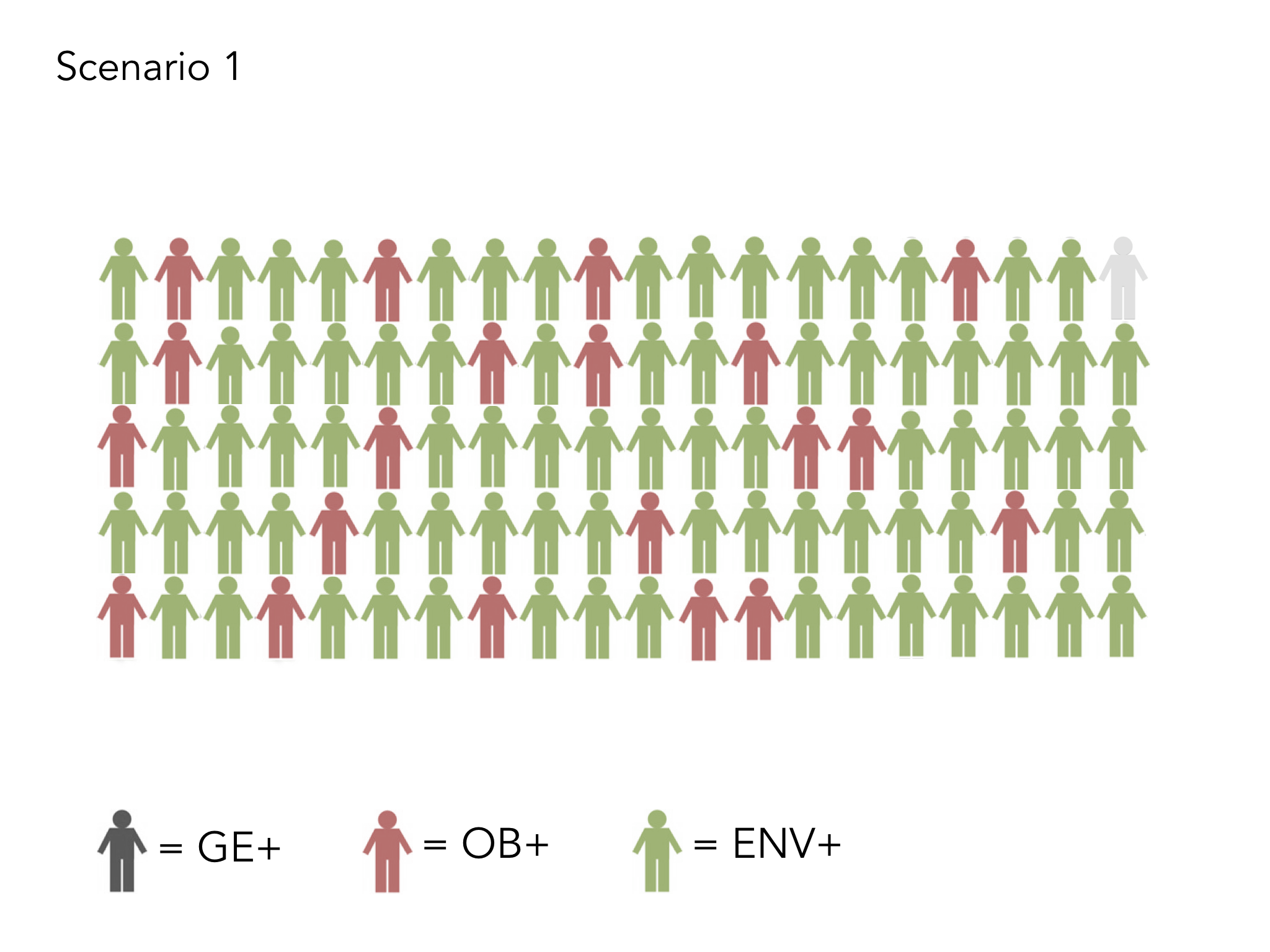
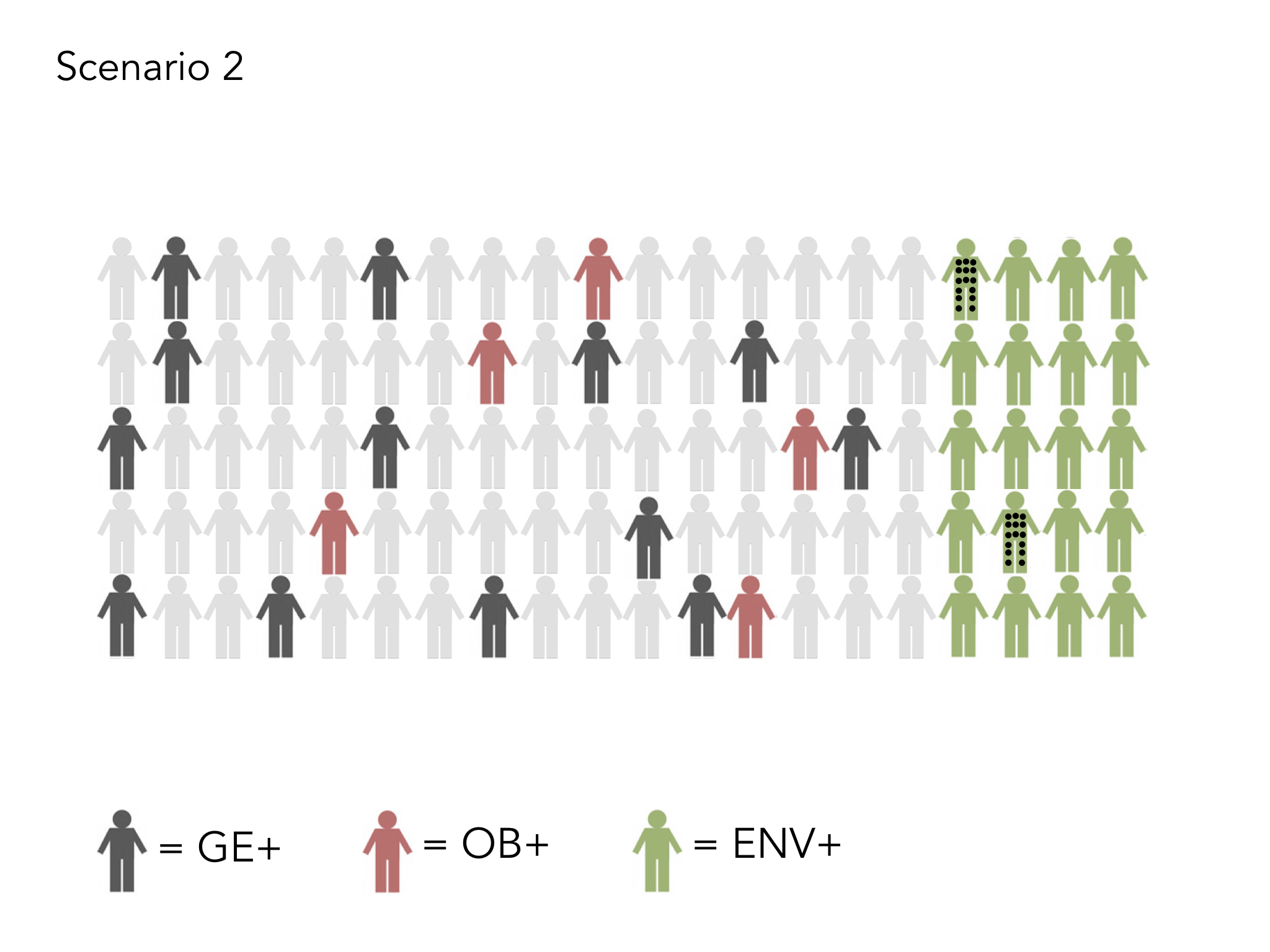
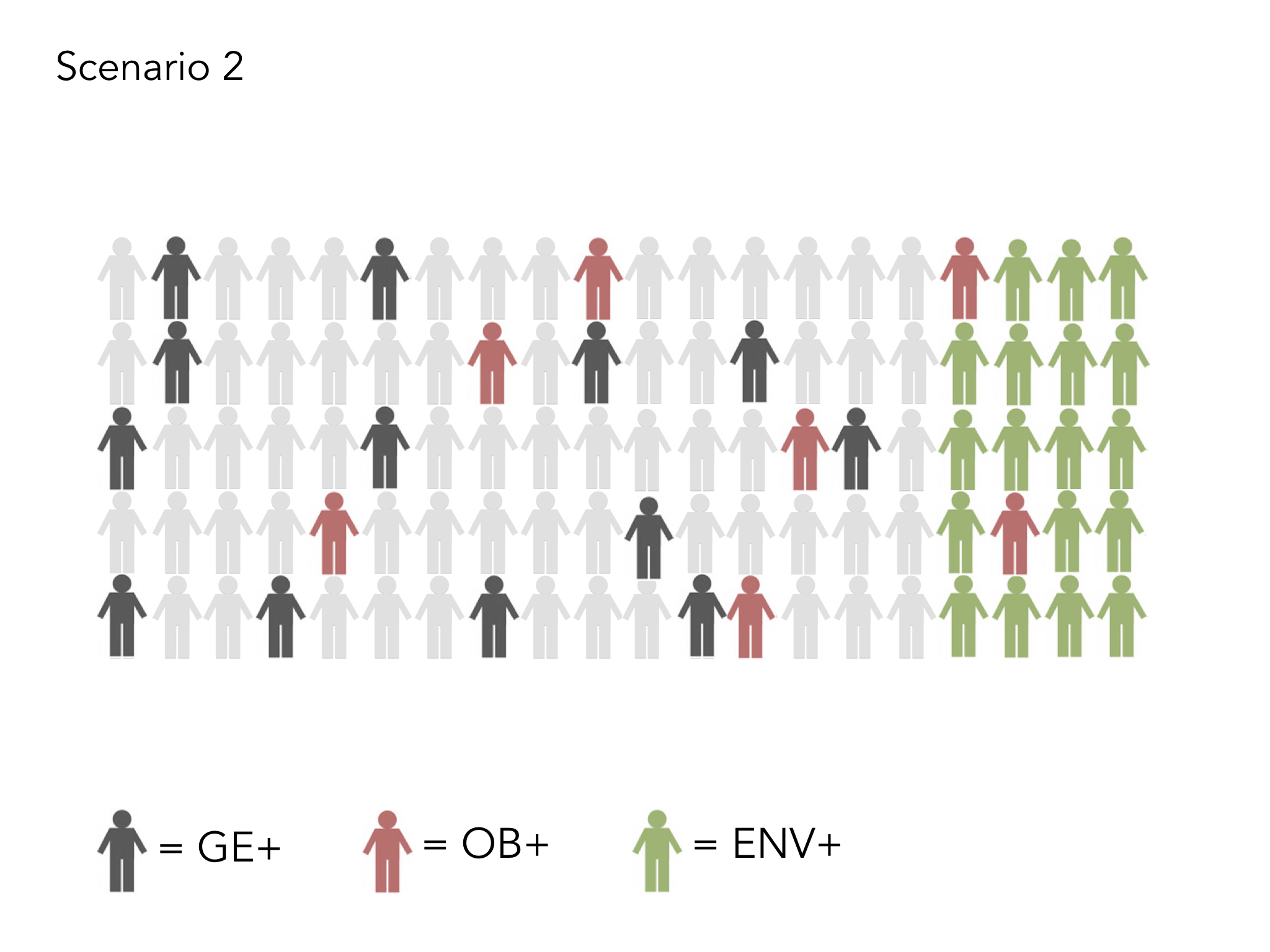
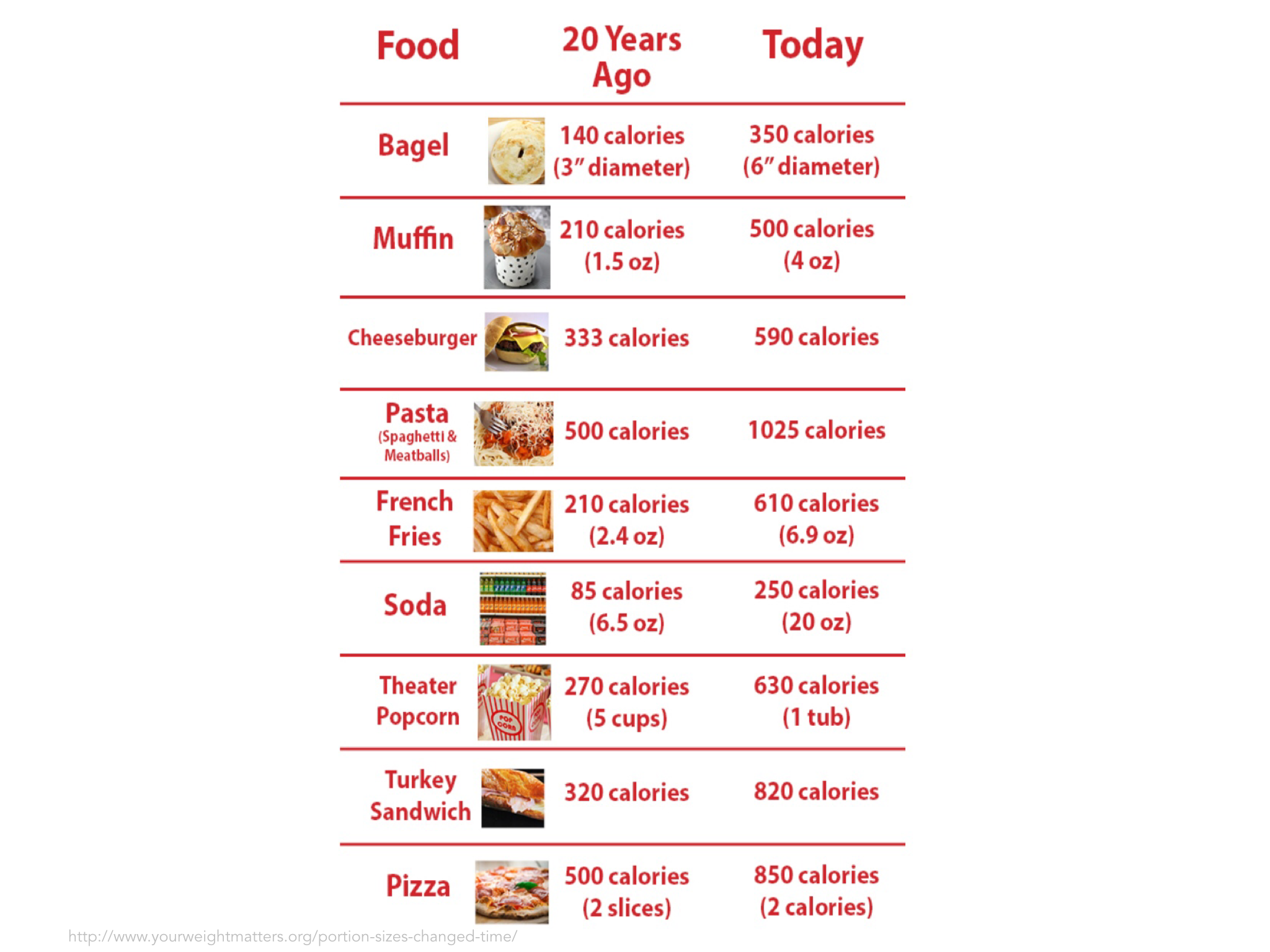
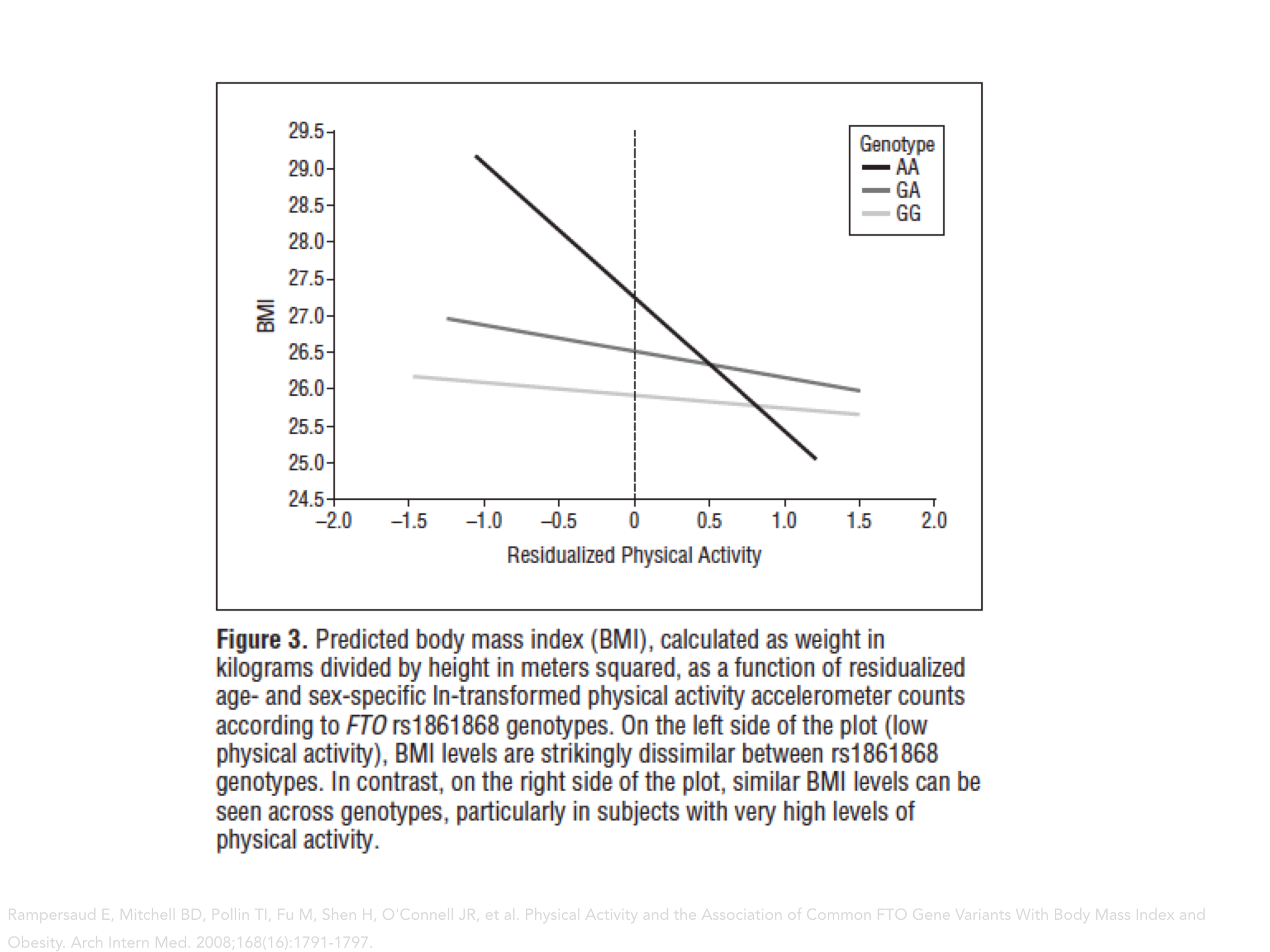
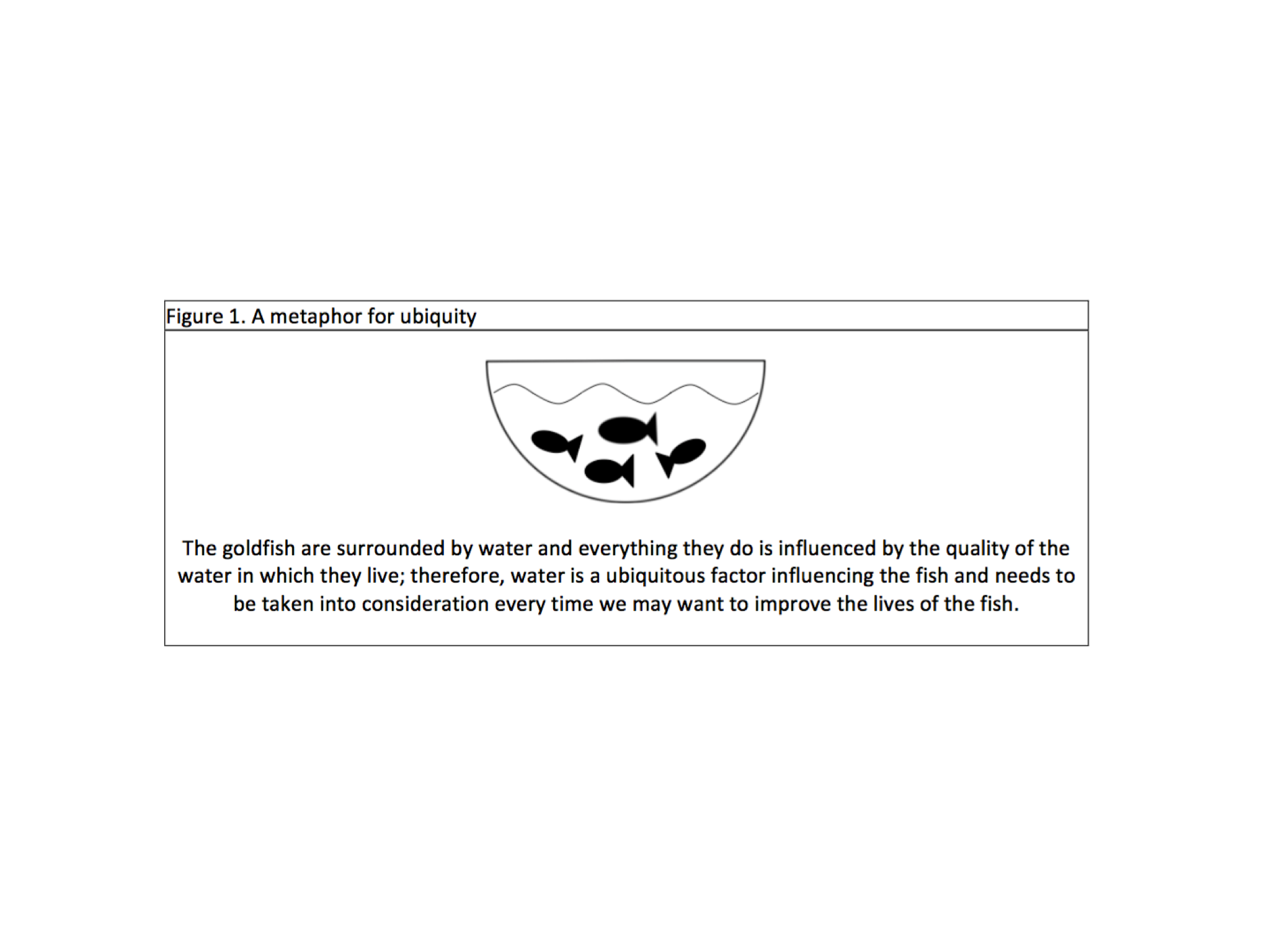

 In my last blog, I talked about the exponential potential of what could be possible if clinicians worked together in a more collaborative way. However, far more can be achieved if we work together in and with our communities to create a social movement together around being more healthy and well. I’ve talked previously about the “battle royale” that occurred between Béchamp and Pasteur over whether we should promote health or fight disease. The answer is, of course, that we need to do both, but the clinical community is not equipped with the resource or power to do it alone.
In my last blog, I talked about the exponential potential of what could be possible if clinicians worked together in a more collaborative way. However, far more can be achieved if we work together in and with our communities to create a social movement together around being more healthy and well. I’ve talked previously about the “battle royale” that occurred between Béchamp and Pasteur over whether we should promote health or fight disease. The answer is, of course, that we need to do both, but the clinical community is not equipped with the resource or power to do it alone. crises we now face are too much for us to do anything about. We are in the midst of a battle, which we are currently losing and it is time to gird our loins for a turning of the tide. Here in Morecambe Bay, we have started a conversation, not just among the Clinical Community but with the wider population about how we might become the healthiest place in the UK. Yes, we mean this in a very holistic way, but there are also some specific foci we have so we can together reverse some of the appalling health statistics we are facing.
crises we now face are too much for us to do anything about. We are in the midst of a battle, which we are currently losing and it is time to gird our loins for a turning of the tide. Here in Morecambe Bay, we have started a conversation, not just among the Clinical Community but with the wider population about how we might become the healthiest place in the UK. Yes, we mean this in a very holistic way, but there are also some specific foci we have so we can together reverse some of the appalling health statistics we are facing. I suggest that within a generation, if we wanted to, we could render Type 2 Diabetes a rare diagnosis. We can do this through encouraging far more healthy lifestyles in our children and young people now, like running a mile a day and learning to eat food that doesn’t actually harm them! I believe we could significantly reduce the need for so many people to be taking medication for hypertension and diabetes now, prevent many strokes and heart attacks, by being violent towards these conditions with major changes in lifestyle, though diet and exercise, rather than the prescription of drugs, using coaching, peer support and local champions to give psychological motivation and encouragement. We are beginning to have some excellent discussions and develop some exciting plans around this.
I suggest that within a generation, if we wanted to, we could render Type 2 Diabetes a rare diagnosis. We can do this through encouraging far more healthy lifestyles in our children and young people now, like running a mile a day and learning to eat food that doesn’t actually harm them! I believe we could significantly reduce the need for so many people to be taking medication for hypertension and diabetes now, prevent many strokes and heart attacks, by being violent towards these conditions with major changes in lifestyle, though diet and exercise, rather than the prescription of drugs, using coaching, peer support and local champions to give psychological motivation and encouragement. We are beginning to have some excellent discussions and develop some exciting plans around this. pull themselves back from the brink of a lifetime of medication and we should use all medication reviews as a chance to help people adopt lifestyles that might reverse the need for such drugs. In the process, we would also significantly reverse our number of cancer diagnoses – many of which are linked to our lifestyle choices. We simply can’t afford for our current and failing approach to continue. We need to be braver together! And this means the NHS must be willing to partner in new ways, not only with local people, but also with businesses like the major supermarkets to help reverse our current direction towards the abyss, in which there is no longer a healthcare system that serves the needs of everyone, no matter where they come from or how much they do or don’t earn.
pull themselves back from the brink of a lifetime of medication and we should use all medication reviews as a chance to help people adopt lifestyles that might reverse the need for such drugs. In the process, we would also significantly reverse our number of cancer diagnoses – many of which are linked to our lifestyle choices. We simply can’t afford for our current and failing approach to continue. We need to be braver together! And this means the NHS must be willing to partner in new ways, not only with local people, but also with businesses like the major supermarkets to help reverse our current direction towards the abyss, in which there is no longer a healthcare system that serves the needs of everyone, no matter where they come from or how much they do or don’t earn. We can absolutely do this!! It’s going to take some serious resolve and we’re going to have to withstand the fear and pressure of some pretty powerful lobbies, like the sugar, alcohol, tobacco and pharmaceutical giants, and perhaps even the government itself, but it is time for us to do the impossible. With love, hope and faith, we can do this! Yes we need to focus on schools and work places. Yes, we need to partner with organisations we’ve never worked with before. Yes, we need a far more effective media strategy and yes, we need to allow clinicians to work very differently. But we cannot do nothing. So let’s try something a whole lot more radical. That’s what we’re going for in Morecambe Bay – not just better care together, but better health together – you can watch and wait, and see if we sink or swim, or you can join us!
We can absolutely do this!! It’s going to take some serious resolve and we’re going to have to withstand the fear and pressure of some pretty powerful lobbies, like the sugar, alcohol, tobacco and pharmaceutical giants, and perhaps even the government itself, but it is time for us to do the impossible. With love, hope and faith, we can do this! Yes we need to focus on schools and work places. Yes, we need to partner with organisations we’ve never worked with before. Yes, we need a far more effective media strategy and yes, we need to allow clinicians to work very differently. But we cannot do nothing. So let’s try something a whole lot more radical. That’s what we’re going for in Morecambe Bay – not just better care together, but better health together – you can watch and wait, and see if we sink or swim, or you can join us!